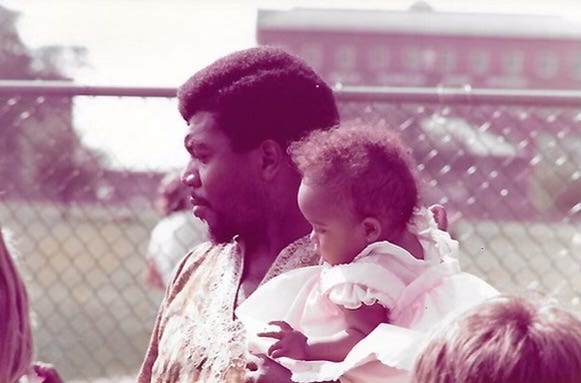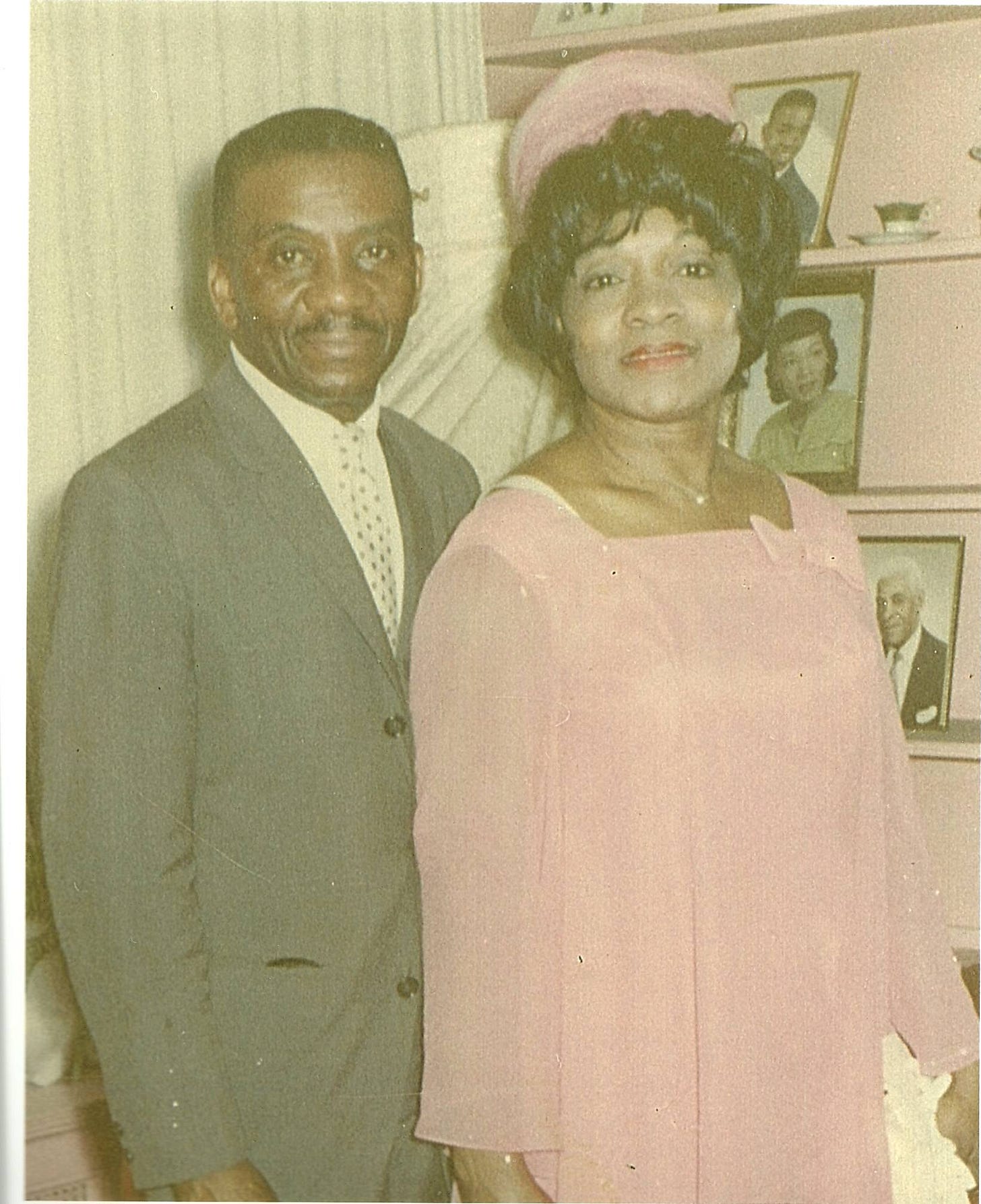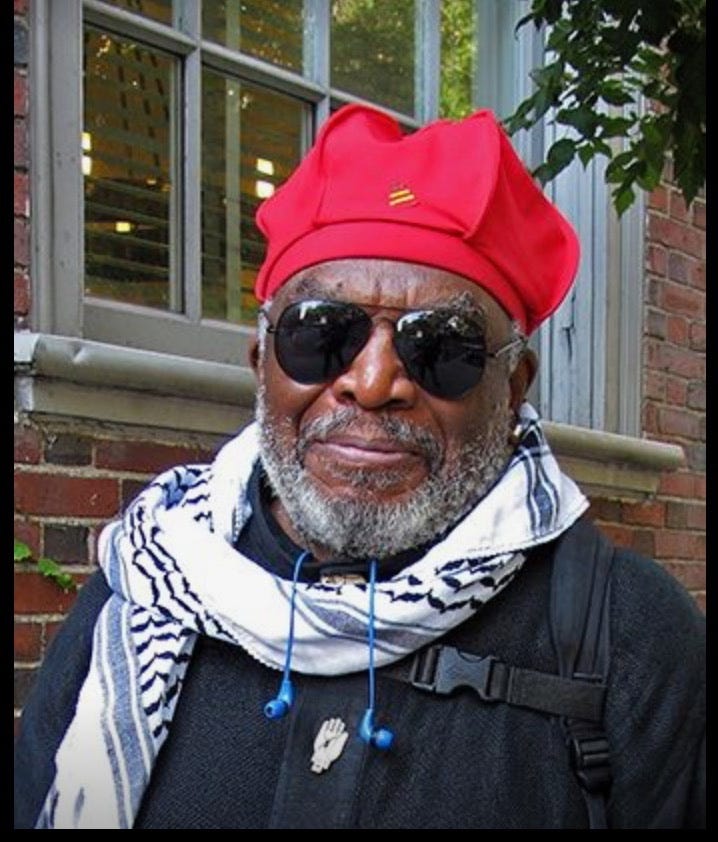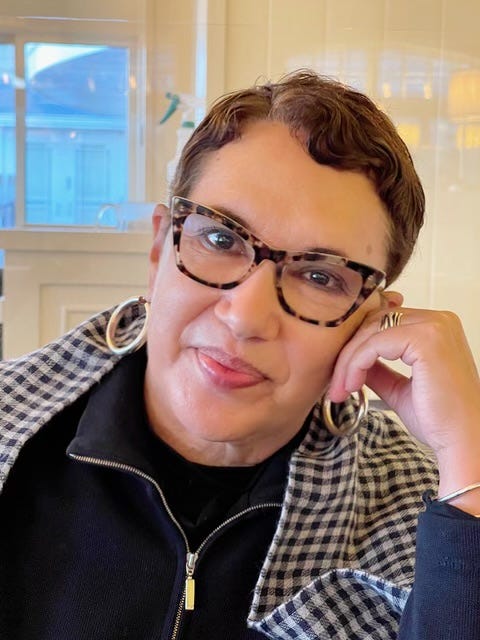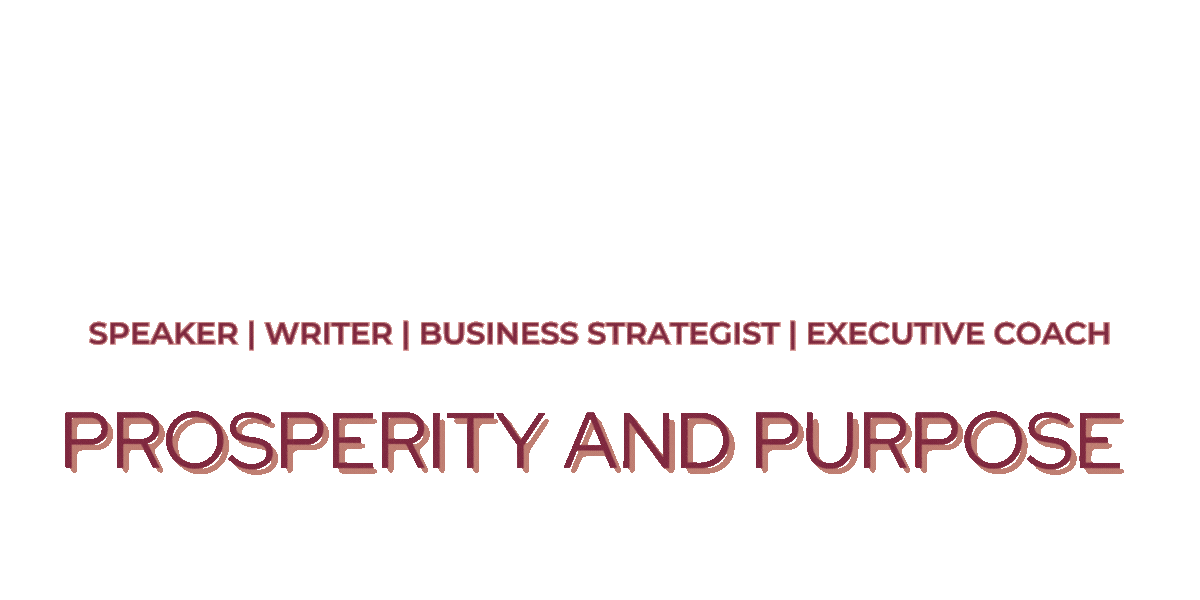It started with a pause. Not the kind you plan for, but the kind that arrives uninvited, wrapped in fatigue, shaped by recovery, and marked by distance. Last September, in the stillness of that moment, I returned to words. I began writing these PSAs not as pronouncements, but as possibilities: notes to self and to all of us navigating systems that often forget we are human first.
Since then, what began as my personal and professional reflections has grown into a collective archive of over 60,000 views and 15,000 readers. This growth isn’t just numbers, it’s resonance. It’s community. Every share, every repost, every thoughtful comment has affirmed what I suspected: these conversations are needed. They help us make sense, make space, and sometimes make peace. Thank you for being a part of this.
A year ago, I was homebound, steeped in a complex health journey that forced me to renegotiate my pace, my priorities, and my presence. Though my business remained vibrant and active, my body required stillness. And in that stillness, I wrote. What began as a necessity became a ritual, tethering me to clarity and, over time, joy. Today, writing is one of my chosen practices. One I now return to not out of urgency, but out of deep intention. In fact, I’m currently outlining my first book! The first (of many) I look forward to sharing with you soon.
Midway through one of the most unbelievable years of our lives, I’ve been thinking a lot about this space and what it’s become. There is no marketing engine behind this work. It’s just truth, reflection, and consistency. Your presence here means more than you know. And because so many of you joined in recent months, I feel called to reintroduce myself.
So let me begin again with my name, my lineage, and the deeper why behind this work. Let me offer you a story that roots this platform not only in what I do, but in who I am and who I am becoming.
My name is Pi-Isis Stefana Ankhra. Each part carries history, spirit, intention.. a map.
My father named me.
He was born Barry Wynn, the son of George Wynn, whose family originated in Central Florida. That region had long been home to both Seminole Indians and Africans who had escaped enslavement and built communities rooted in resistance and survival. Their connection to the land ran deep, spiritually, historically, and culturally. But that connection was violently disrupted when the Ku Klux Klan took his father’s life. After that, Florida was no longer safe. The family journeyed north to Newark, seeking not just shelter, but a place to begin again.
George became a contractor, building homes and working with his hands to create stability. His wife, Theresa West Wynn, was a promising singer and a natural strategist. Her family came from Brunswick, Georgia, with roots stretching back to African tribes forced through Southern ports during the Middle Passage. Theresa brought a fierce brilliance to their union. Together, they created a family of prominence and political power. One defined by resilience, creativity, and quiet revolution.
My father, a true son of Newark’s revolution, renamed himself Amun Ankhra after embracing Black nationalism. Like many who followed Malcolm X beyond the Nation of Islam and into broader liberation work, he believed that reclamation began with naming. He rejected the names given by colonizers and chose one that spoke to ancestral memory: Ankh, the key to life. Ra, the sun god. Together, Ankhra, a sacred return to ancestral knowing.
He began as an artist, an actor, who became an activist through the Newark Rebellion of 1967, when the city erupted in response to police violence and systemic injustice. That moment politicized him. It sharpened his lens, shifted his path. He returned to art not as an escape, but as a weapon and witness. As a photographer and writer, his creativity became more intentional, no longer just a form of expression, but a tool for strategy, storytelling, resistance, and restoration. Of dignity. Of history. Of Us.
When I was born, he named me Isis, after the Egyptian goddess of life, magic, and rebirth. She is the one who travels between worlds reassembling what has been torn apart and breathes life back into it.
Colleagues, friends, and family call me Pi but he never did. Pi was a name my father once gave my mother, a gentle ode to his Pisces love.
What began as a nickname became a tether to my mother, Mikki Shepard, the woman who shaped my humanity. An artist, dancer, producer, and presenter, she opened doors and held them long enough for others to walk through. Spaces that still stand because of her vision. This work, she has always said, is God’s work, rooted in justice, artistry, and collective good. That belief lived in the very air I breathed as a child. It shaped me. And it still lives within me, deep in my heart, in my spirit, and in the way I think, lead, and create.
She introduced me to art as a world of its own, one where everyone existed. Every identity, every life experience, every perspective was present and honored. That became my norm and the lens through which I came to understand the world. Her world of creativity and justice wasn’t just something I observed. It was the first world I knew. A place where humanity wasn’t ranked or questioned, but recognized in full. The world beyond that, the one divided, judged, and prioritized was introduced to me later. But I never adopted it. I chose the one she offered, whole, expansive and rooted in love. To her, humanity meant everyone, and so, it did to me.
What she gave me was not hers alone. It was inherited from those who came before her, who shaped her, and who believed in a world big enough for everyone. My maternal lineage carries that strength too. Perciville Shepard, my mother’s father, was a jazz musician in Harlem whose family immigrated through Ellis Island from Barbados. He brought rhythm and quiet strength into every room he entered. My grandmother, Mary Rizzo, was an aspiring seamstress who carried her Italian Catholic lineage with grace and grounding. Her father, Stefano, journeyed from Italy as an importer, passing through Brazil before arriving at Ellis Island and eventually making a home in Little Italy.
Their paths converged in New York, weaving together histories of migration, resilience, and unshakable faith in possibility. They made their home in Brooklyn, a borough alive with diaspora, artistry, and promise. There, they stitched together a life defined by vision and resilience. One that gave rise to my mother, and ultimately, to me.
Mary was the one who held me that first day and said, “She’s Pi’s Isis.” She named me whole before I even understood who I was. So, I claimed Stefana in her honor, a quiet bridge to my Italian roots.
And thus, my full name:
Pi – constant, mysterious, infinite.
Isis – rebuilder of wholeness.
Stefana – daughter of legacy.
Ankh – sacred breath.
Ra – light, energy, clarity.
This name was never meant to be convenient. It was meant to be complete.
Years later, when I was founding my company, I returned to that first syllable: Pi. Mathematically, it equals 3.14. Philosophically, it means something endless. That felt true to me, something expansive, enduring and deeply familiar.
So I named the company P.S. 314, an homage to the power of wholeness and layered comprehension. It represents the fullness of my leadership philosophy.
P.S. 314 is not just a firm. It’s a philosophy. A belief that clarity emerges through complexity, and that equity-centered leadership requires both structure and soul. We work at the intersections where justice meets design, where purpose meets power.
To me, Pi is more than a number. It’s a portal, a reminder that the deepest truths can’t always be solved, but they can be lived. It invites us to honor contradiction, listen deeply, and build systems that reflect our most sacred values. It calls us to lead with both rigor and reverence.
But even something sacred can be misunderstood.
Years ago, I walked into a meeting with a potential client. As I reached to shake the board chair’s hand, he smirked. “Isis… like the terrorist group?” What was holy to me had been twisted into something to fear. That moment, as jarring as it was, taught me that not everyone would see my name the way I did. That I would have to hold its meaning even more fiercely.
A few years later and about a week before I was scheduled to travel to South Africa, there was a terrorist attack in New York. The perpetrator claimed affiliation with “ISIS.” I felt a flicker of concern, not for who I was, but for how others might perceive me. I reached out to close friends in civil rights, politics, and law. One of them recommended that I register my name with the State Department and notify the U.S. Embassy in case any questions arose while traveling.
So I did. And while the act itself felt absurd, it was also a sobering reminder: the world doesn’t always know how to receive what we reclaim. That absurdity never left me. Even now, there are trips I’ve placed on hold, waiting for the political winds to settle.
But the truth remains: the world doesn’t always know how to hold what we reclaim.
And yet, we carry it. I do. Fiercely. Tenderly. Proudly.
I carry this name with pride and precision. I walk in its meaning. I lead from its origin. And every time I say it out loud, I speak a spell of resilience, brilliance, and becoming.
I am the daughter of a revolutionary, a man who began as a hopeful actor, then became a producer, photographer, and a voice in the Black Arts Movement. He used art as activism, creativity as resistance. He believed in the power of story to transform systems. That legacy shaped me.
And I am the daughter of a visionary, a mother who stood in rooms not built for her, and expanded them. Who honored lineage and called it sacred. Who passed on the tools of resilience through art, clarity, and love.
And now I am the mother to my own legacy. One built on purpose, clarity, and a deep belief that the world must be transformed, not preserved. Not gated. Not designed for the few, but dreamed into being for the many. Not a myopic liberty that serves only those with treasure chests, but a vision that reaches for humanity in its fullest expression.
The work I do, whether advising a boardroom, facilitating dialogue, or crafting strategy, is always in conversation with lineage. It is rooted in the leadership lessons of those who have led as reconstructors and disruptors. Those who labored and imagined, resisted and rebuilt.
My worldview is shaped by the layered inheritances of this country, the kind built through choice, force, and survival. It’s shaped by those who came here seeking refuge, those brought against their will, and those whose roots stretch into the soil long before the nation had a name. On my father’s side, I carry the legacy of grandparents influenced by the native tribes of Florida and the freedmen’s lands reclaimed in Georgia, places where survival was an act of resistance and presence itself was protest. On my mother’s side, my lineage moves through Ellis Island: from Italy and Brazil to New York and Barbados. Each migration etched with resilience. Each reinvention a quiet revolution.
This multidimensional heritage is not just my backstory. It is the lens through which I lead, listen, and create.
To me, justice means restructuring power, redistributing resources, and reshaping narratives. It is not a box we check. It is a daily discipline. A spiritual practice.
So now, you know a bit more about the woman behind these PSAs and the name that holds my history along with the legacy I carry and the future I’m helping shape.
Perhaps something in this stirred something in you. If so, stay a while. And if it spoke to you, pass it on to someone else it might reach.
If these reflections offered you insight, affirmation, or pause, consider becoming a paid subscriber. It’s not a transaction, it’s a gesture of resonance. A quiet way to say: this matters, keep going.
Your support helps keep this space rooted, resourced, and real not driven by metrics, but meaning. You can upgrade your subscription here. Thank you for being part of this offering.
I have more stories to tell. Thank you for making space for this one.
Until the next one…
This bi-weekly PSA is written by Pi-Isis S. Ankhra, speaker, writer, executive coach and business strategist. She is the founder and president of P.S.314, a consulting practice supporting social impact organizations in building power, sustainability and authentic partnerships.




